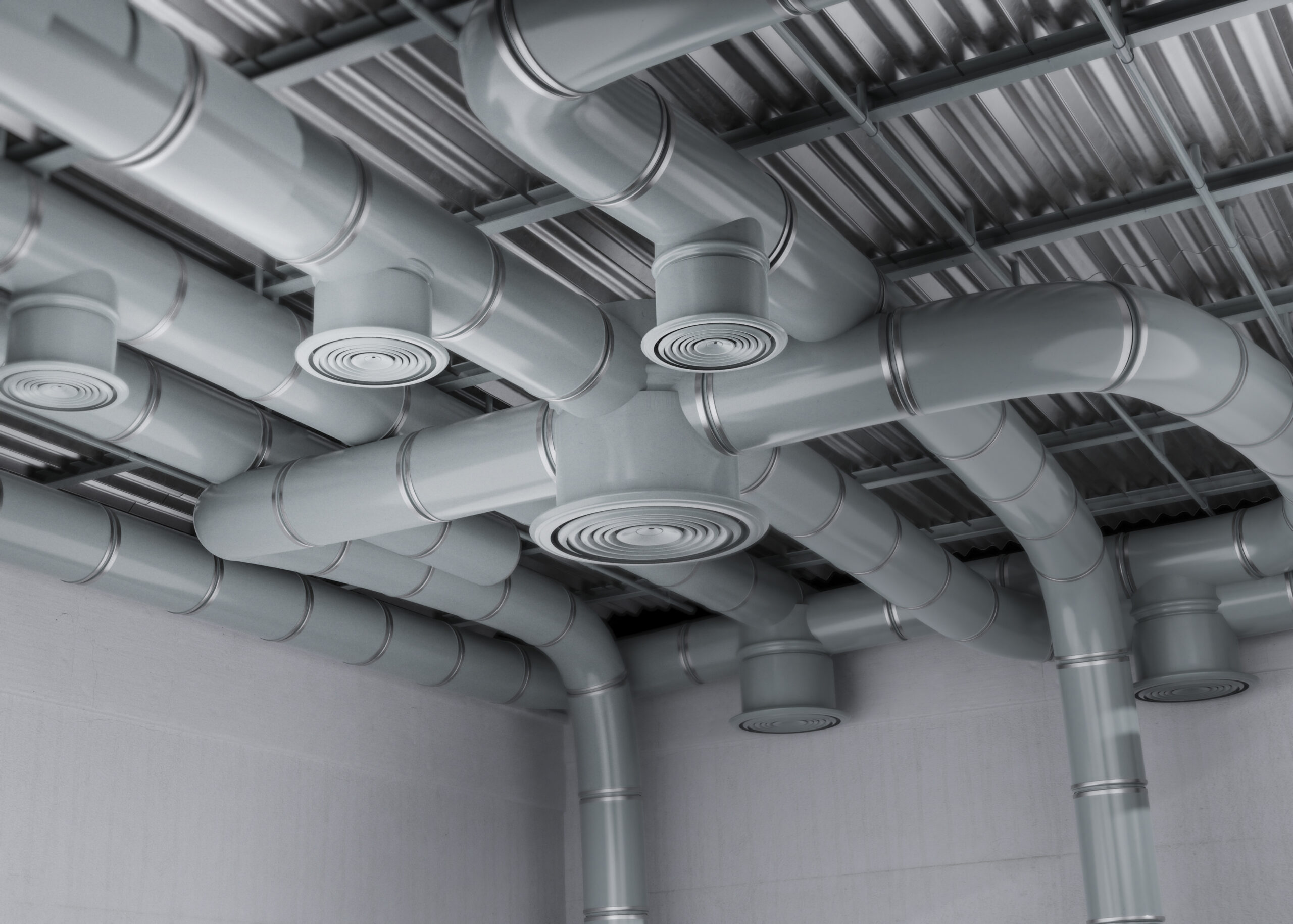By Chris Baca
Most people probably don’t think of their thermostat when it comes to reducing greenhouse gas emissions. Yet, operations from buildings alone account for 40% of all energy consumption, 75% of all electricity, and 35% of all carbon emissions nationwide.
The heating, ventilation, air conditioning, and refrigeration (HVAC&R) industry will play an important role in how New York can reduce emissions while continuing to innovate and manage consumer costs. That’s why it’s discouraging to see our state propose policies that would increase costs for businesses and consumers and make it harder to electrify buildings.
The New York State Department of Environmental Conservation (DEC) has proposed actions that take an aggressive approach to prohibiting the use of certain refrigerants, the critical components that allow air conditioners and heat pumps to operate, starting in 2025 and banning others outright by 2034. If finalized, DEC’s proposed regulations would dramatically alter the HVAC&R industry’s ability to reduce emissions.
New York’s consumers and businesses will pay the steepest price.
The refrigerants that meet the new standards proposed by DEC are “natural” refrigerants, such as hydrocarbons, ammonia, and carbon dioxide. While these refrigerants have a smaller greenhouse gas potential when measured as global warming potential, they are highly flammable or toxic. Aside from the obvious safety concerns businesses and homeowners will have with equipment that uses these refrigerants, HVAC systems are not prepared to safely adopt natural refrigerants today. Manufacturers would need to develop specialized equipment and take new risk assessment and mitigation steps, while buildings would have to undergo extensive retrofits to align with safety standards and codes.
All of this—coupled with stricter rules on how the refrigerant is handled—would lead to higher costs that eventually land in the laps of businesses and individuals. DEC proposed bulk refrigerant bans mean retrofits will be required—no matter how new a system is or how recently it was installed—to ensure that it can run on a type of refrigerant not being widely used or developed in the current HVAC&R market. This would impact residential buildings as well as large and small enterprises alike, including grocery stores, mom-and-pop convenience stores, and large food wholesalers throughout New York.
DEC’s requirements are far more aggressive than recent Biden Administration federal rules and could take the HVAC&R industry off its current track, leading to a scarcity of viable products and refrigerants for maintenance. While the DEC actions intend to move us closer to reducing emissions by at least 40% by 2030, the reality is they will actually upend current work in the HVAC&R industry to reduce emissions and harm New York residents in the process. Existing federal rules will reduce emissions associated with HVAC by at least 85% by 2036, moving us closer to reducing NYS emissions by at least 40%.
MCN Distributors recently donated mini split heat pumps to the Warrior Ranch Foundation to provide comfort for first responders and veterans. Had this rule been in effect, we wouldn’t have had the equipment to donate and contractors to install the units. It’s worth asking how much this rule could affect other charitable organizations and efforts.
Our industry is already taking significant steps to phase down greenhouse gases while prioritizing consumer safety and costs. We shouldn’t jeopardize the current progress with a competing mandate that takes us off track.
Christian Baca is vice president of sales and marketing at MCN Distributors, an Islandia-based distributor of heating, air conditioning, ventilation, parts and supplies.




